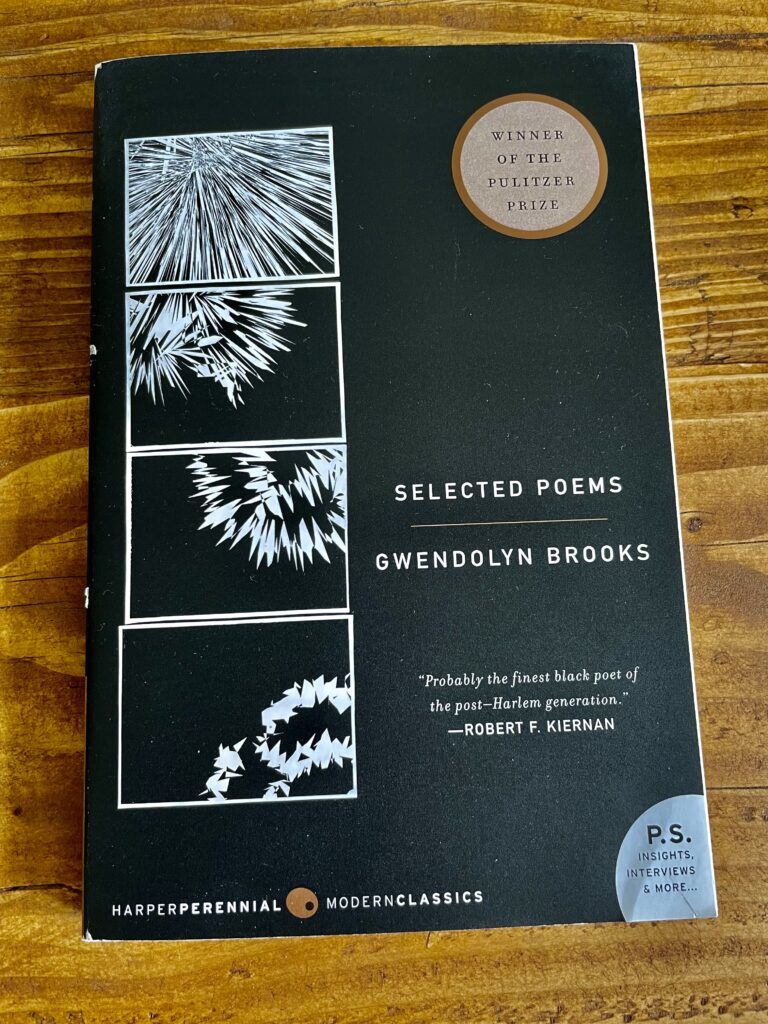I have a list of books I want to buy that has been growing for years. Books I know I’ll enjoy but are unlikely to be casual reads. That little bit of added difficulty has one obvious consequence: I tend not to buy from this list very often. I pore over anything from the list I do manage to buy, but getting that far isn’t trivial.
Books are expensive. If they also require even a little bit of effort to digest, you have two counts of resistance working against you.
You can see by my book log shows that I’m always reading something. It’s just that I might not always be reading exactly what I had planned – the things I have good reason to believe I need. Distractions come along all the time. Something shiny, new or discounted, or a recommendation from a friend. It’s also definitely easier to spend £1 on entertainment than it is to spend £11.99 on something nourishing. Propagate that kind of temptation and distraction over years and you start to notice a big impact.
This month my list topped two hundred books. So I started a monthly fund that can only be used to tackle the list.

Setting Aside a Money-Pot for Books
My partner and I have an allowance. For our joint finances we use the Starling banking app to allocate pots of money for things like groceries or health expenses.
My allowance is usually just a lump of unallocated money that I can fritter as I choose. It sounds appealing, because it gives a sense of freedom. But it also sets up an incentive to maximise instant gratification over long-term fulfilment. It can also turn you into a miser, counting pennies and going for sub-optimal purchases that don’t achieve your goals. It sets up the situation where you have to expend mental energy to recommit to things at the moment of purchase.
I’m fortunate enough to not have to choose between explosions at the cinema and a history book. The system I have constructed just makes it seem like I do.
Enter my new books fund. At the beginning of the month, I set aside enough money for one non-discounted book per week. It goes into a pot within my account, separate from the main balance. A full-priced paperback in the UK averages around £9. So I round up and throw £10 a week into the pot.
This way discounts on other things won’t tempt me, and I can add things from my list on a regular schedule. It may be the same money, but what I’ve done is removed the component of mental effort. I don’t have to make a decision about what to buy because I’ve made that decision ahead of time, in bulk. I can still buy whatever books I want on top of this fund, but this way I know that I’ll be making steady progress towards reading the things I think I’ll find the most satisfying in the long run.